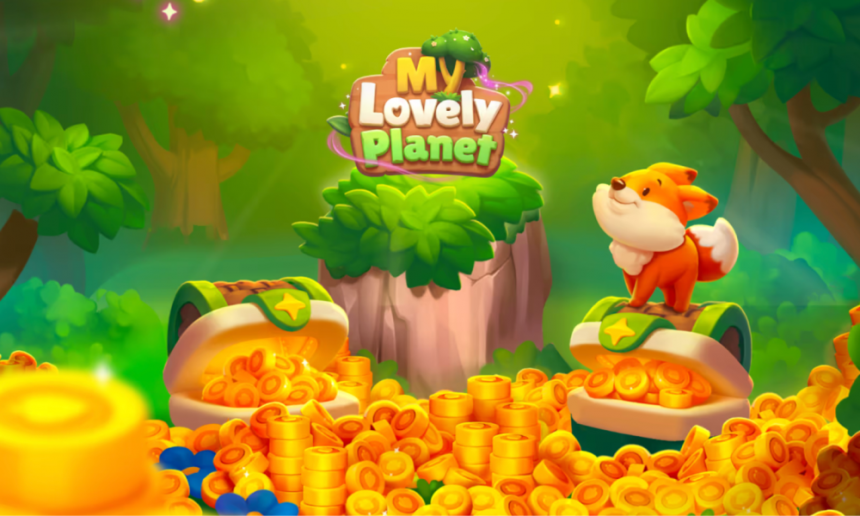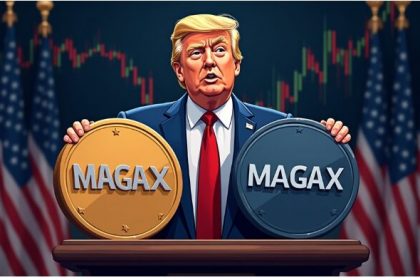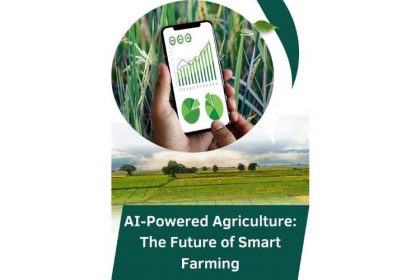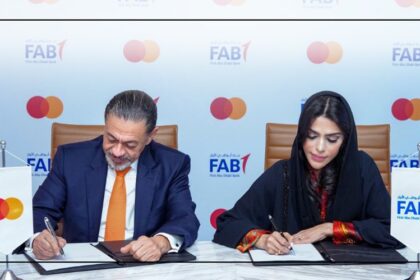My Lovely Planet Joins Google’s #WeArePlay Campaign – Bridging Web3 Gaming and Climate Action
My Lovely Planet game has become the first-ever Web3 game featured in Google’s global #WeArePlay campaign. The spotlight highlights a broader shift in the gaming industry – one where purpose-driven design and blockchain technology are reshaping what games can do beyond entertainment.
At its core, My Lovely Planet is a mobile puzzle game with a mission: to plant one billion trees by 2030. With a casual gameplay experience that rewards progress with real-world environmental action, the game translates every 100 levels completed into one tree planted through partnerships with reforestation NGOs such as Graine de Vie, a network of non-governmental organizations that began in 2009 in response to major deforestation in Madagascar. Hand in hand with these platforms, communities, and organizations, players have helped plant over 380,000 trees around the world.
Google’s #WeArePlay campaign celebrates the people and stories behind standout apps and games on the Play Store. Featuring My Lovely Planet among millions of titles marks a turning point – not just for the game itself, but for the broader Web3 ecosystem. The inclusion underscores how decentralized tools like blockchain and tokenization can power real-world change through digital experiences.
Clément Le Bras, founder and CEO of My Lovely Planet, said that gaming is no longer just about entertainment but can spur innovation and global impact. For him, being recognized by Google’s #WeArePlay is not just an honor but a signal that meaningful, purpose-led Web3 projects can gain mainstream validation and the momentum needed to bring about positive change.
Powering the My Lovely Planet ecosystem is $MLC (My Lovely Coin), a blockchain-based utility token designed for player engagement and real-world environmental investment. Players who stake at least $100 in $MLC unlock the ability to convert in-game rewards (diamonds) into the token itself. However, $MLC goes beyond in-game mechanics since it also gives holders governance power over how the game’s treasury is used to support environmental causes, including reforestation, carbon offset projects, and renewable energy efforts.
Since its launch, $MLC has surged over 260%, demonstrating strong user enthusiasm and market alignment. The project now has its sights set on reaching a $1 billion valuation, positioning itself not just as a game but as a sustainable, community-powered investment engine.
Based in France, My Lovely Planet is part of a growing movement of game developers reimagining Web3 and mobile entertainment as a platform for social and ecological change. The company blends casual mobile gameplay with blockchain-backed incentives and NGO partnerships to deliver a unique experience where users’ actions lead to real-world environmental benefits.
As Mr. Le Bras put it, Google’s recognition of the game isn’t just for the team behind the game but every player who’s helped reforest the planet, one level at a time. As the accolades continue to pour in and as players and organizations continue to direct efforts toward real-world change, we can expect increased traction, improved user engagement, and better investment outcomes and opportunities for the innovative people and projects such as My Lovely Planet that lie at the intersection of Web3 gaming and real-world initiatives.








